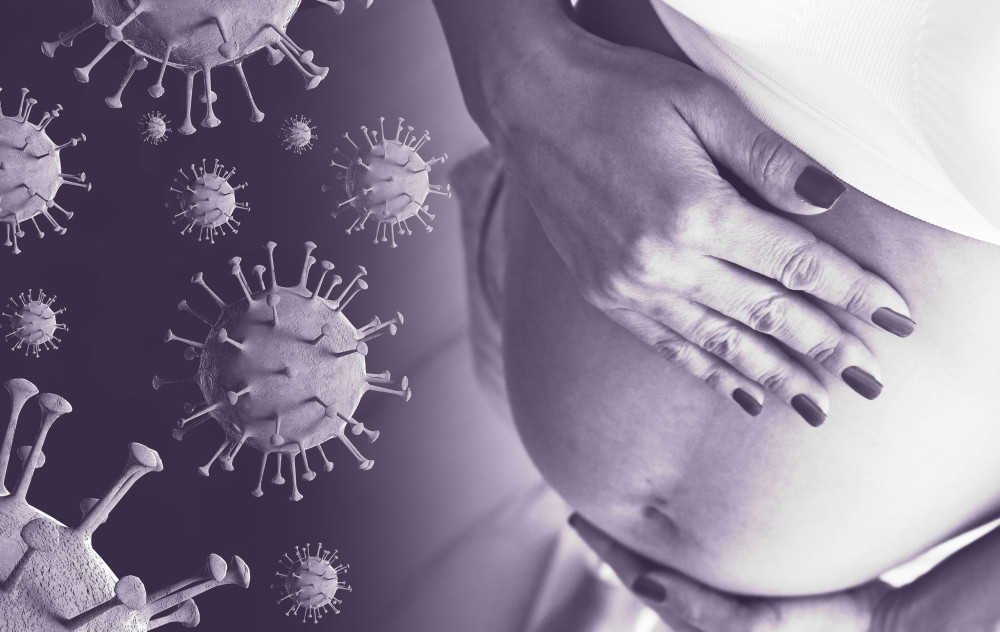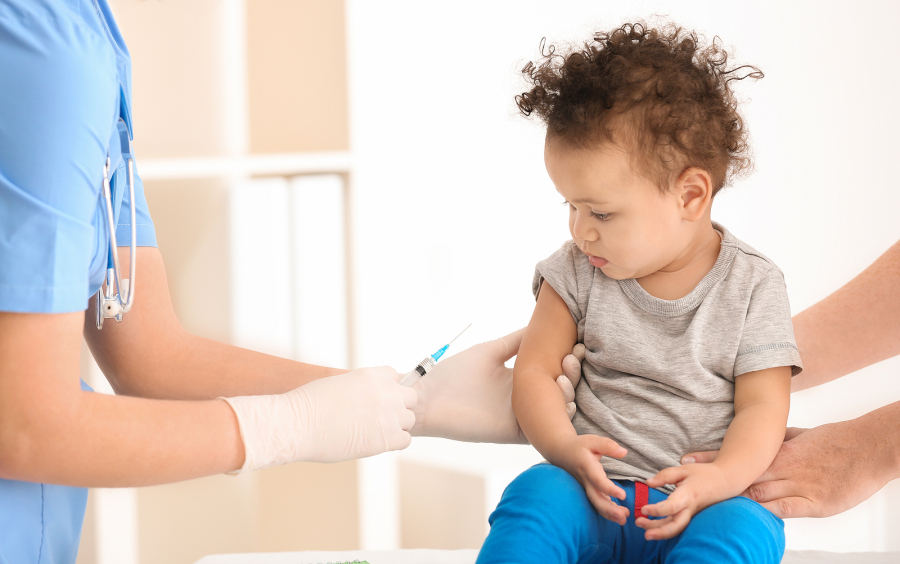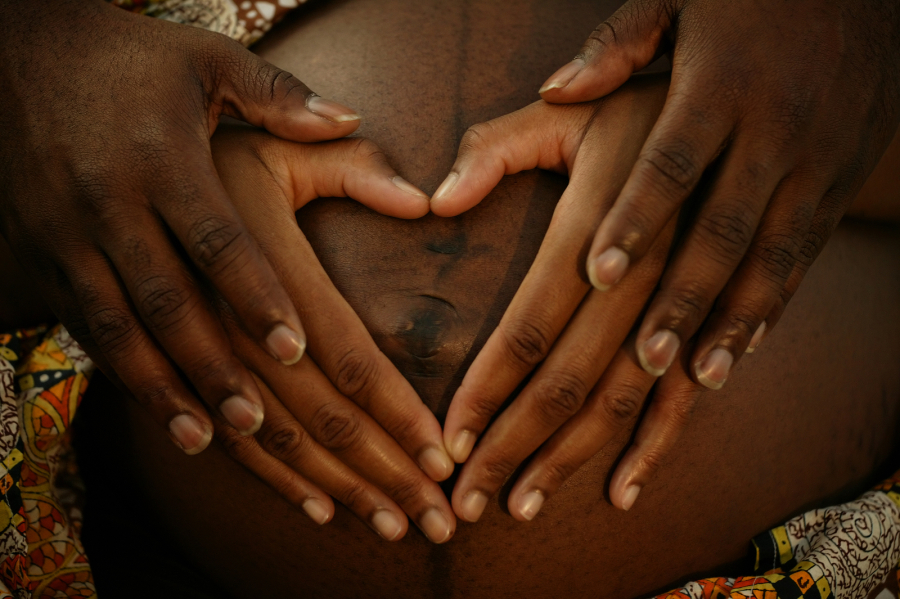Pregnant women are not more at risk of severe COVID-19, but their care in hospital could be improved

Published on Monday, 12 April 2021 Post
A study by NPEU researchers working with the Universities of Liverpool and Edinburgh has assessed whether pregnant women are more at risk of contracting SARS-CoV-2, and how infection impacts these women and their babies.
Pregnant women are known to be more at risk of severe outcomes from respiratory virus infections (such as influenza), as demonstrated by the 2009 Swine Flu pandemic. Recent UK data shows that among people aged 20-39, more women are admitted to hospital with SARS-CoV-2 infection than men. Researchers from NPEU led an analysis for the UK Scientific Advisory Group for Emergencies (SAGE) to investigate whether pregnancy is causing this. The study also examined whether pregnant women hospitalised with COVID-19 were more likely to require critical care, besides the overall outcomes for these women and their babies.
The study drew on a variety of data sources. These included data from the Covid-19 Clinical Information Network (which collects clinical data from hospitals on patients admitted with SARS-CoV-2 infection); the UK Obstetric Surveillance System (UKOSS); and the MBRRACE-UK Confidential Enquiry into Maternal Deaths.
The researchers concluded that the higher prevalence of young (20-39 years old) women versus men admitted to hospital with COVID-19 was mostly explained by a relatively large number of admissions of pregnant women. However, these admissions are partly due to universal COVID-19 testing for women admitted to hospital for labour and birth, and other pregnancy-related complications.
Of the pregnant women who had symptomatic COVID-19 when admitted to hospital, 10% required critical care, almost 20% gave birth to their baby prematurely, and less than 1% died. Pregnant women with COVID-19 who were admitted between December 2020 and February 2021 when the B117 (Kent) variant was prevalent were more likely to need respiratory support (such as an oxygen mask or mechanical ventilator) compared with pregnant women admitted between March and November 2020.
Overall, however, pregnant women with symptomatic COVID-19 were not at a greater risk of adverse outcome, compared with non-pregnant women. They were less likely to require oxygen/ventilation; less likely to be admitted to an intensive care unit, and more likely to be discharged alive. However, this may be caused by a lower threshold for admitting pregnant women to hospital, since pregnant women with symptomatic COVID-19 generally had less severe illness on admission compared with non-pregnant women.
Most pregnant women admitted to hospital with COVID-19 were in their third trimester of pregnancy, indicating that social distancing measures to prevent infection are particularly important in the later stages of pregnancy. In addition, older women, those from BAME communities, and women with obesity and other diseases (such as hypertension, diabetes and asthma) were over-represented amongst pregnant women hospitalised with COVID-19.
The study also found that drugs proven to be effective against COVID-19 were used infrequently for pregnant women, even those who were critically ill. In June 2020, NHS guidelines were updated to recommend steroid treatments for all patients hospitalised with COVID-19, yet these were only given to 9.3% of pregnant women. Recruitment of pregnant women to COVID-19 clinical trials was also low: for instance, only 3% of symptomatic pregnant women admitted to hospital were recruited to the RECOVERY trial (a clinical trial investigating treatments for COVID-19).
Professor Marian Knight (NPEU), who led the study, said: 'This new analysis of UK data remains largely reassuring for pregnant women, and does not suggest that they are more at risk of severe COVID-19 than non-pregnant women. It should also be borne in mind that most pregnant women who test positive for COVID-19 on admission to hospital are not admitted solely due to COVID-19 symptoms.'
The study leaders advise that women eligible for vaccination against COVID-19 should discuss the benefits and risks with their healthcare professional, and consult the advice issued by the Royal College of Obstetricians and Gynaecologists.



